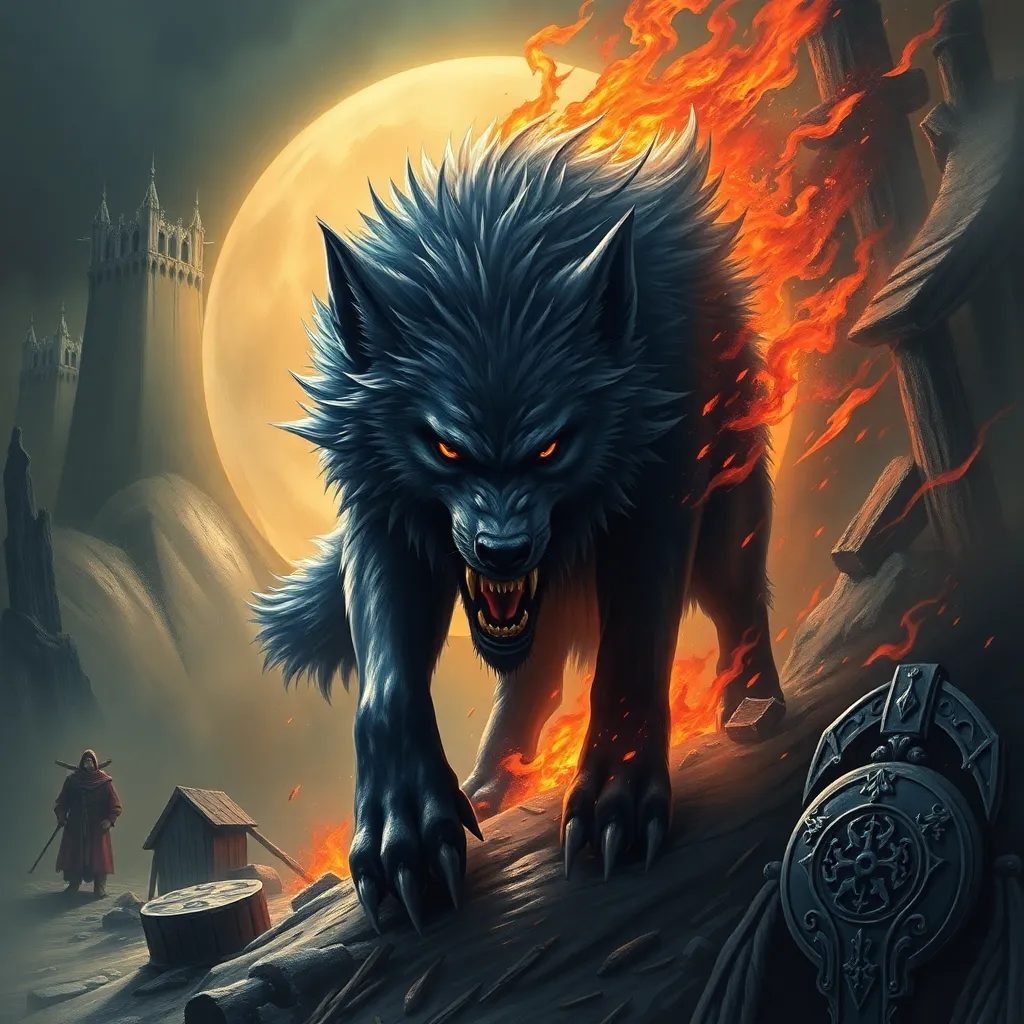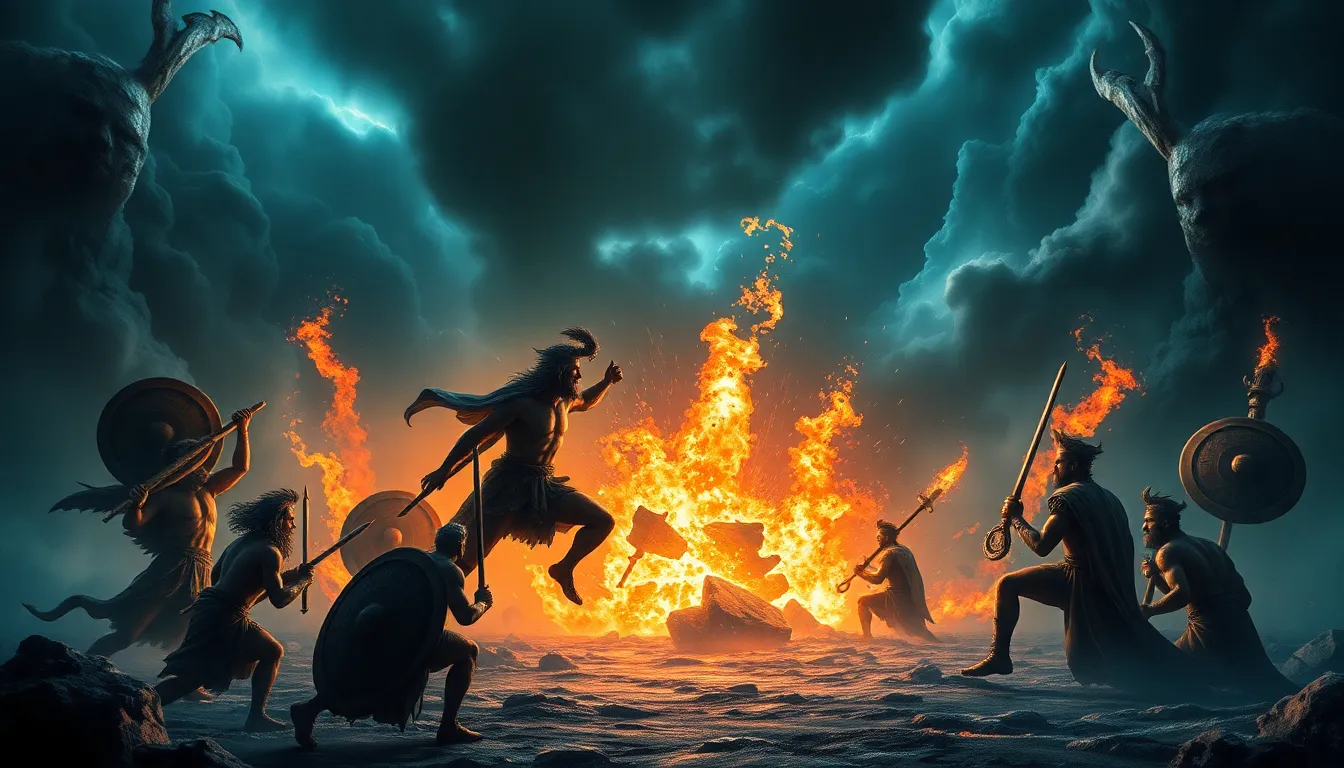The Transformative Influence of Myth: How Stories Shape Our Lives
Introduction to Myth and Storytelling
Myths are narratives that transcend time and culture, often embodying the beliefs, values, and experiences of a society. They serve as a means of understanding the world and our place within it. The significance of myth is evident in various cultures, where it is woven into the fabric of daily life, tradition, and spirituality.
Storytelling is a universal human experience, allowing us to share knowledge, entertain, and communicate complex ideas. From ancient oral traditions to modern digital media, storytelling remains a vital aspect of human interaction. This article explores the transformative power of myths and how they shape our lives and societies.
Historical Context of Myths in Human Society
The origins of myths can be traced back to ancient civilizations, where they were used to explain natural phenomena, human behavior, and societal norms. Oral traditions played a crucial role in preserving these narratives, ensuring their transmission across generations.
Examples of foundational myths include:
- Greek Mythology: Tales of gods and heroes explaining the nature of humanity and the cosmos.
- Native American Myths: Stories that emphasize the connection between humans and nature.
- African Myths: Rich narratives that convey moral lessons and cultural values.
The Psychological Impact of Myths
Myths resonate deeply with the human psyche, often reflecting collective fears, desires, and aspirations. Carl Jung’s theories on archetypes illustrate how these universal symbols shape personal identity and influence our understanding of ourselves.
Case studies of individuals who found meaning through mythological narratives highlight the personal significance of these stories. For example, individuals may relate to the hero’s journey, finding inspiration in the struggles and triumphs of mythic figures.
Myth in Modern Culture: Film and Literature
Contemporary works of film and literature frequently draw on mythological themes, demonstrating the enduring relevance of these narratives. Analyzing films like Star Wars or novels like American Gods reveals how myths influence character development and plot structure.
Adaptations of classic myths, such as The Odyssey and Hercules, further illustrate the modern reinterpretation of ancient stories, making them accessible to new audiences and reflecting contemporary values.
Myth as a Tool for Moral and Ethical Guidance
Myths often embed moral lessons that guide individual behavior and societal norms. They serve as frameworks for understanding right and wrong, providing insights into ethical dilemmas faced by individuals and communities.
The influence of myth on societal values is profound, as these stories shape collective beliefs and inspire action. For instance, the myth of Prometheus serves as a cautionary tale about the consequences of defying the gods and the pursuit of knowledge.
The Role of Myths in Shaping Personal and Collective Identity
Myths connect individuals to their cultural heritage, fostering a sense of belonging and identity. National myths, such as the American Dream or the founding stories of nations, play a significant role in shaping patriotism and collective memory.
Personal narratives often intertwine with mythic frameworks, allowing individuals to relate their life stories to larger, universal themes. This connection can provide comfort and insight, helping people navigate their personal journeys.
The Transformative Power of Myths in Personal Growth
Myths serve as catalysts for self-discovery and personal transformation. They offer frameworks for understanding life’s challenges and can inspire individuals to embark on their own heroic journeys.
Therapeutic uses of mythology in counseling and healing practices have gained recognition, as stories can help individuals process trauma and find meaning in their experiences. Real-life examples abound, with many individuals crediting mythological narratives with their transformation and growth.
Challenges and Critiques of Myth in Modern Society
While myths can inspire and empower, they also have the potential to perpetuate stereotypes and harmful ideologies. Critiques of cultural appropriation in the retelling of myths highlight the need for sensitivity and respect in how these stories are shared and adapted.
Re-examining myths in a contemporary context is crucial to understanding their impact and relevance. This critical approach encourages a deeper exploration of the narratives we uphold and the values they promote.
The Future of Myth: Evolving Narratives in a Globalized World
Globalization influences the creation and sharing of new myths, merging traditional and modern storytelling techniques. As cultures interact, they exchange narratives and reinterpret myths, leading to the evolution of storytelling.
Predictions for the future of myth suggest a rich tapestry of narratives that reflect our interconnected world, where diverse voices contribute to the ongoing dialogue about identity, values, and the human experience.



